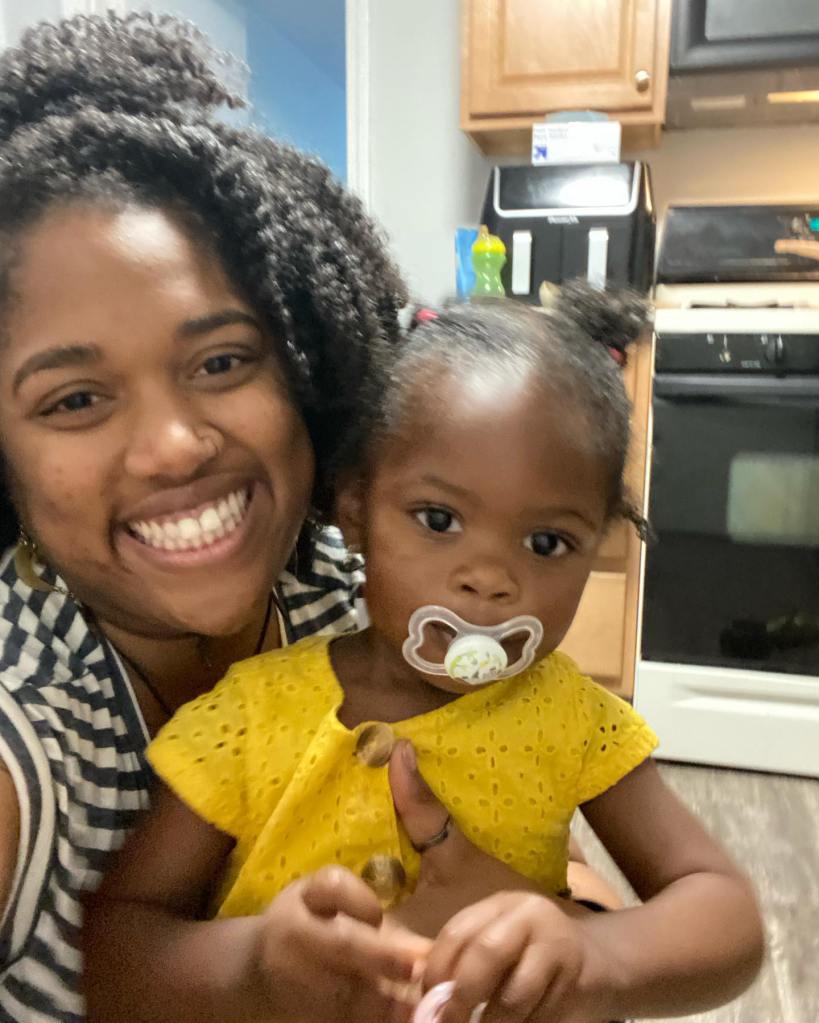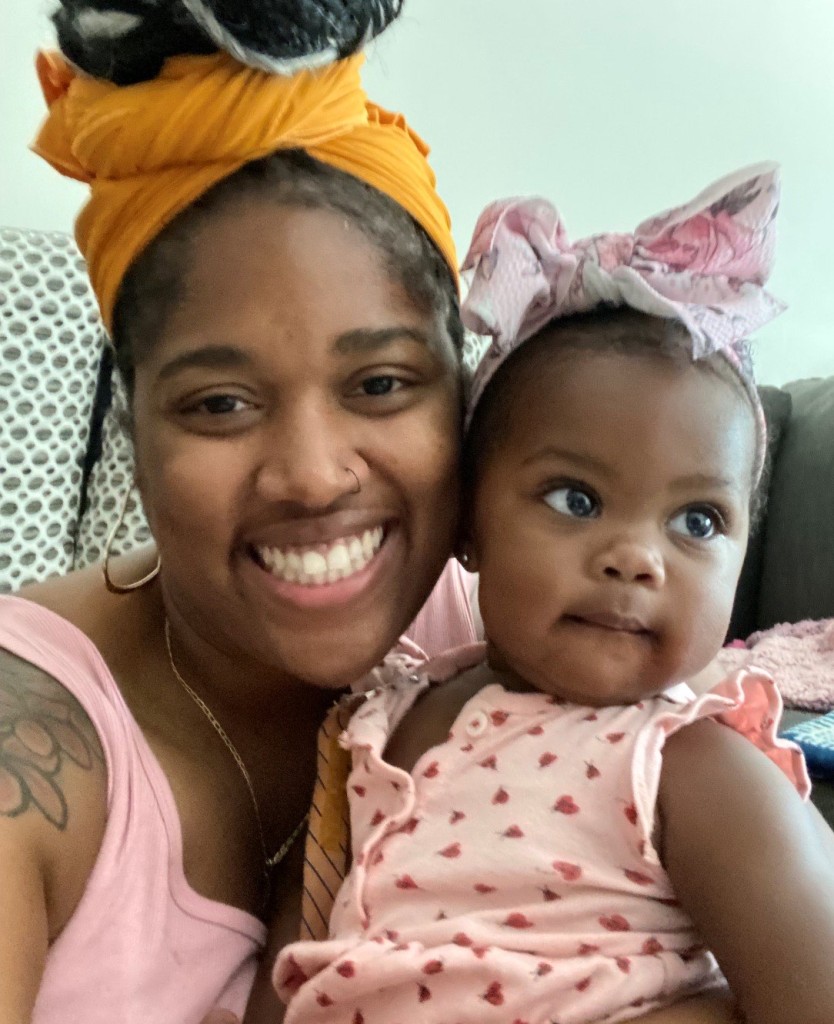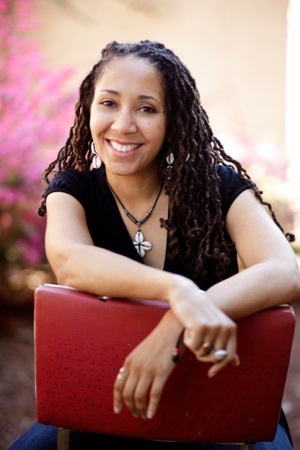Note: This is based on a podcast which can be heard here.

What is love? What’s love got to do with pain and suffering? Are they related? Pain and love? Must one always be present with the other? In this blogpost I explore pain and suffering through a womanist perspective (centering the perspectives and lived experiences of Black women) and discuss how to live into wholeness and wellness. This is especially important because the Black community/women in particular’s experience in the US (and globally) has been and continues to be defined by pain and suffering. What are the theological implications?
How have Christian frameworks at associating love with sacrifice and pain justified the pain and suffering of Black women? How can we decolonize love so that liberated Black women are empowered to embrace a love that does not hurt first with false promises of rewards later in life or afterlife? Black women, pain does not equal love.
Continue reading “Deconstructing and Reconstructing Love by Chasity Jones”






 Book title:
Book title:  In national quarantine and sheltering-in-place or is it “safer-at-home,” all I could think about was that we were living in a scene from the late Afrofuturist writer Octavia Butler’s book
In national quarantine and sheltering-in-place or is it “safer-at-home,” all I could think about was that we were living in a scene from the late Afrofuturist writer Octavia Butler’s book  I began to follow Kimberlé Crenshaw a little more than five years ago when I first learned of her theory of intersectionality as a more concise description of oppressions stemming from race, age, gender, sex/sexual orientation, religion and socio-economic status.
I began to follow Kimberlé Crenshaw a little more than five years ago when I first learned of her theory of intersectionality as a more concise description of oppressions stemming from race, age, gender, sex/sexual orientation, religion and socio-economic status. One of the things I love most about being an educator is introducing my students to the thinkers who have inspired me. I am especially delighted when I can share things I’ve learned from meeting and hearing these scholars speak. One of the joys of “coming of age” as a religious scholar in the early 21st century is that I have been able to meet some of my heroes. I’ve conversed with scholars whose writings about justice, liberation, hope, love, and religion’s potential to be a moral force in a hurting world inspire me. I’ve been able to hear them speak at conferences and workshops where I’ve felt the truth and power of their words in my body. One of the most inspiring women I’ve met in my academic journey was Dr. Katie Geneva Cannon. She passed away on August 8, and although I was not one of her students, I grieve and mourn this recent loss. I remember her and honor her for her spirit, her scholarship, and her soul’s work.
One of the things I love most about being an educator is introducing my students to the thinkers who have inspired me. I am especially delighted when I can share things I’ve learned from meeting and hearing these scholars speak. One of the joys of “coming of age” as a religious scholar in the early 21st century is that I have been able to meet some of my heroes. I’ve conversed with scholars whose writings about justice, liberation, hope, love, and religion’s potential to be a moral force in a hurting world inspire me. I’ve been able to hear them speak at conferences and workshops where I’ve felt the truth and power of their words in my body. One of the most inspiring women I’ve met in my academic journey was Dr. Katie Geneva Cannon. She passed away on August 8, and although I was not one of her students, I grieve and mourn this recent loss. I remember her and honor her for her spirit, her scholarship, and her soul’s work.